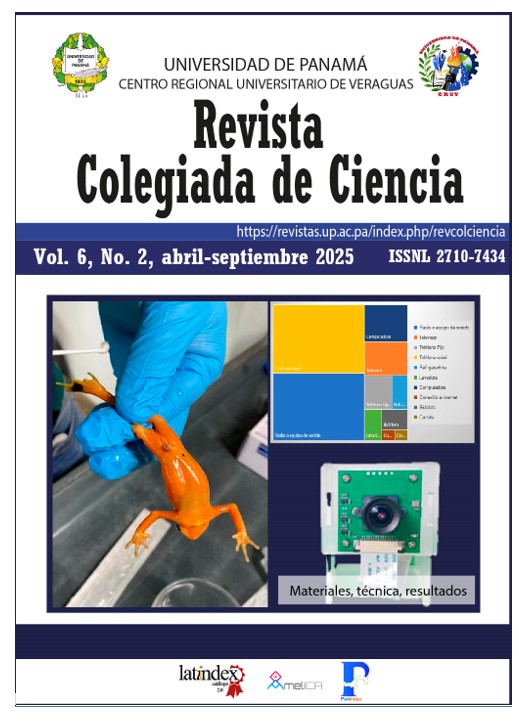

With recent technological advancements in personal care and physical health, there has been a growing need to develop a prototype of an Intelligent Personal Trainer (E.P.I.) based on Internet of Things (IoT) technology. This system aims to monitor and enhance users' physical activities at home, addressing the increasing issues of sedentary lifestyles and obesity, which pose significant public health challenges globally. The study employed a descriptive methodology, selecting three physical spaces for system testing and conducting surveys to assess knowledge about obesity risks and the acceptance of IoT technology. The materials used included IoT devices such as a Raspberry Pi 4 and a Raspberry Pi camera, along with artificial intelligence techniques for image analysis.The results demonstrated that the E.P.I. effectively collected and analyzed physical activity data, recording the number of repetitions, exercise duration, and calories burned. Users expressed positive perceptions of the system, highlighting its ease of use, clear instructions, and potential to motivate and improve exercise adherence. Additionally, the system performed effectively under various lighting conditions, both indoors and outdoors. However, relevant aspects such as device accessibility and cost were discussed, concluding that the E.P.I. represents a viable alternative to promote physical activity at home and contribute to the health of users. This work paves the way for future research in the field of technology applied to health, particularly at the intersection of IoT, artificial intelligence, and physical well-being.